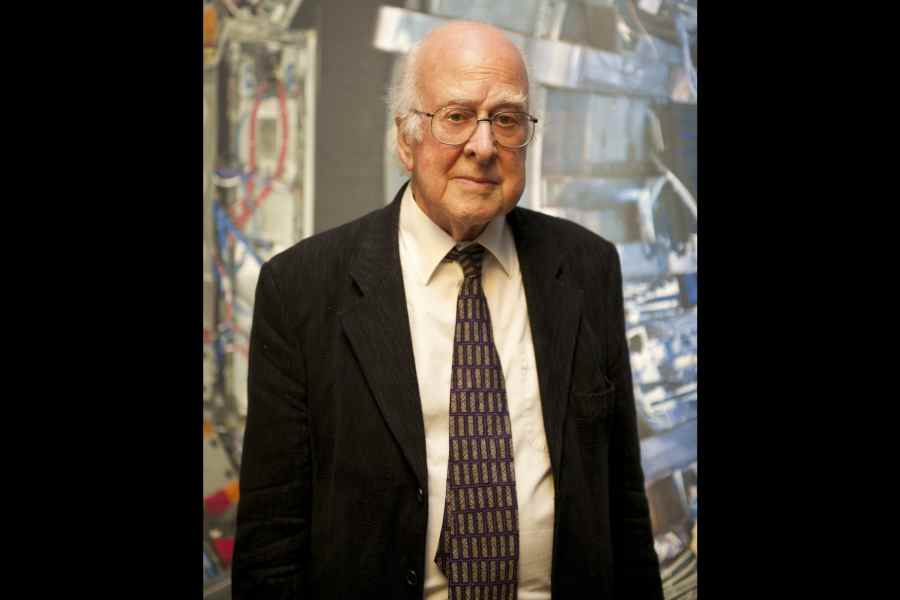Nobel prize-winning physicist Peter Higgs, who proposed the existence of the Higgs boson particle, has died at age 94, the University of Edinburgh said Tuesday.
The university, where Higgs was emeritus professor, said he died Monday “peacefully at home following a short illness.”
Higgs predicted the existence of a new particle — the so-called Higgs boson — in 1964. But it would be almost 50 years before the particle's existence could be confirmed at the Large Hadron Collider.
Higgs' theory related to how subatomic particles that are the building blocks of matter get their mass. This theoretical understanding is a central part of the so-called Standard Model, which describes the physics of how the world is constructed.
Higgs won the 2013 Nobel Prize in Physics for his work, alongside Francois Englert of Belgium.
Edinburgh University Vice Chancellor Peter Mathieson said Higgs, who was born in the Scottish capital, was “a remarkable individual – a truly gifted scientist whose vision and imagination have enriched our knowledge of the world that surrounds us.”
“His pioneering work has motivated thousands of scientists, and his legacy will continue to inspire many more for generations to come.”










